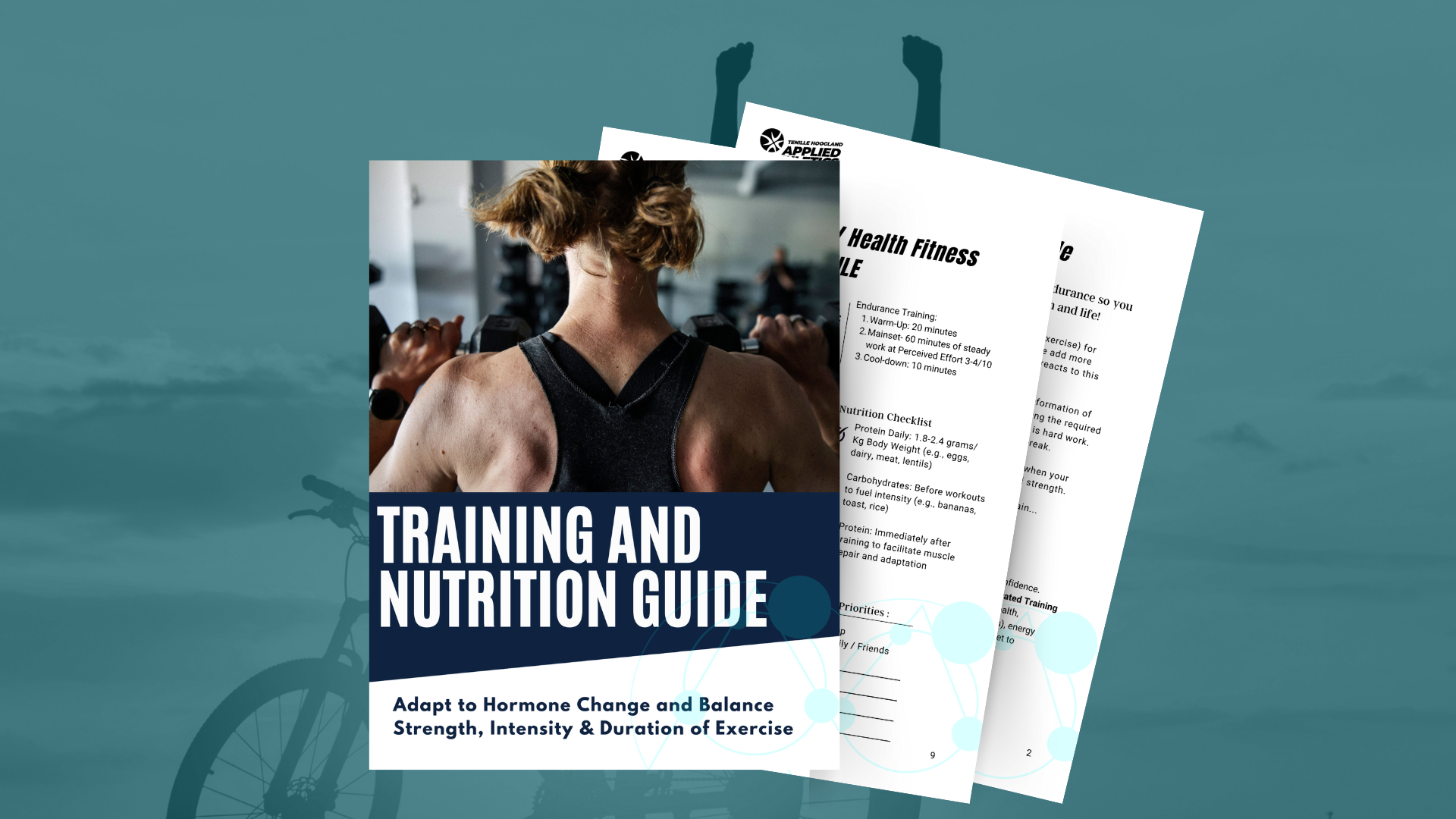From Drained to Energized: How Mindset, Nutrition, Training, and Recovery Shape Your Energy

Managing Energy
Managing our energy is one of the most complex challenges we face as humans. Every cell in our body contains mitochondria, our energy powerhouses, which fuel everything we do: from taking on challenges to simply moving through the day. Here, I address four key questions linking energy with mindset, nutrition, training, and recovery.
Mindset: Does Your Training Give You Energy or Take it Away?
Your workouts should energize you, not deplete you. But what does that mean in practice? Consider the extremes of an energy continuum. On some days, you may feel anxious or tense, with a knot of energy that makes you want to scream or punch something. On other days, you feel light and amazing, as though you could fly. In both cases, a high-intensity session channels that energy, specifically cortisol and adrenaline, leaving you focused and ready for the day.
Other days, you may feel completely drained, as though there’s no fight left in you. No amount of sugar or caffeine seems to help. On those days, a gentle walk in nature can help restore and rebalance your energy. The key is to ensure your training aligns with your current state, supporting both your mental and physical well-being.
Nutrition: How Does Pre-Workout Nutrition Influence Your Energy Use?
What you eat or don’t eat before a workout can significantly impact how you feel during exercise. A metabolically flexible body efficiently switches between burning fat and carbohydrates depending on the workout’s intensity. For endurance sessions, fat is the primary fuel, conserving glucose for more intense efforts. In contrast, high-intensity workouts rely primarily on carbohydrates. Choosing a pre-workout snack that matches your activity type and duration can improve performance and recovery. However, metabolic flexibility is most influenced by your everyday diet, making consistent, balanced nutrition a top priority.
Training: What Type of Workout Burns the Most Energy?
The energy burned during a workout depends on both intensity and duration. A short, high-intensity session can burn as much energy as a longer, steady aerobic effort. Think of it like driving a car: frequent acceleration uses more gas, while highway cruising burns less per minute but eventually uses the same amount over time. Metabolic flexibility also plays a role, influencing the ratio of fat to carbohydrates burned. Whatever your workout, approach it fueled and with intention to maximize performance and consistency.
Recovery: Do You Prioritize Post-Workout Nutrition?
Post-workout nutrition, especially within 30-45 minutes of finishing, is crucial for replenishing energy and promoting recovery, particularly for women. After an intense session, you might not feel like eating, but something easy to digest, like a protein shake, can make a big difference. Protein isn’t just for muscle repair; it’s essential for your immune system, bone health, and overall metabolic function. Aim for 30-40 grams of protein after a workout to optimize recovery and meet your body’s needs.
For more tips and discussions, join our community: Athletes Thriving in Perimenopause and Beyond on Facebook!



Responses